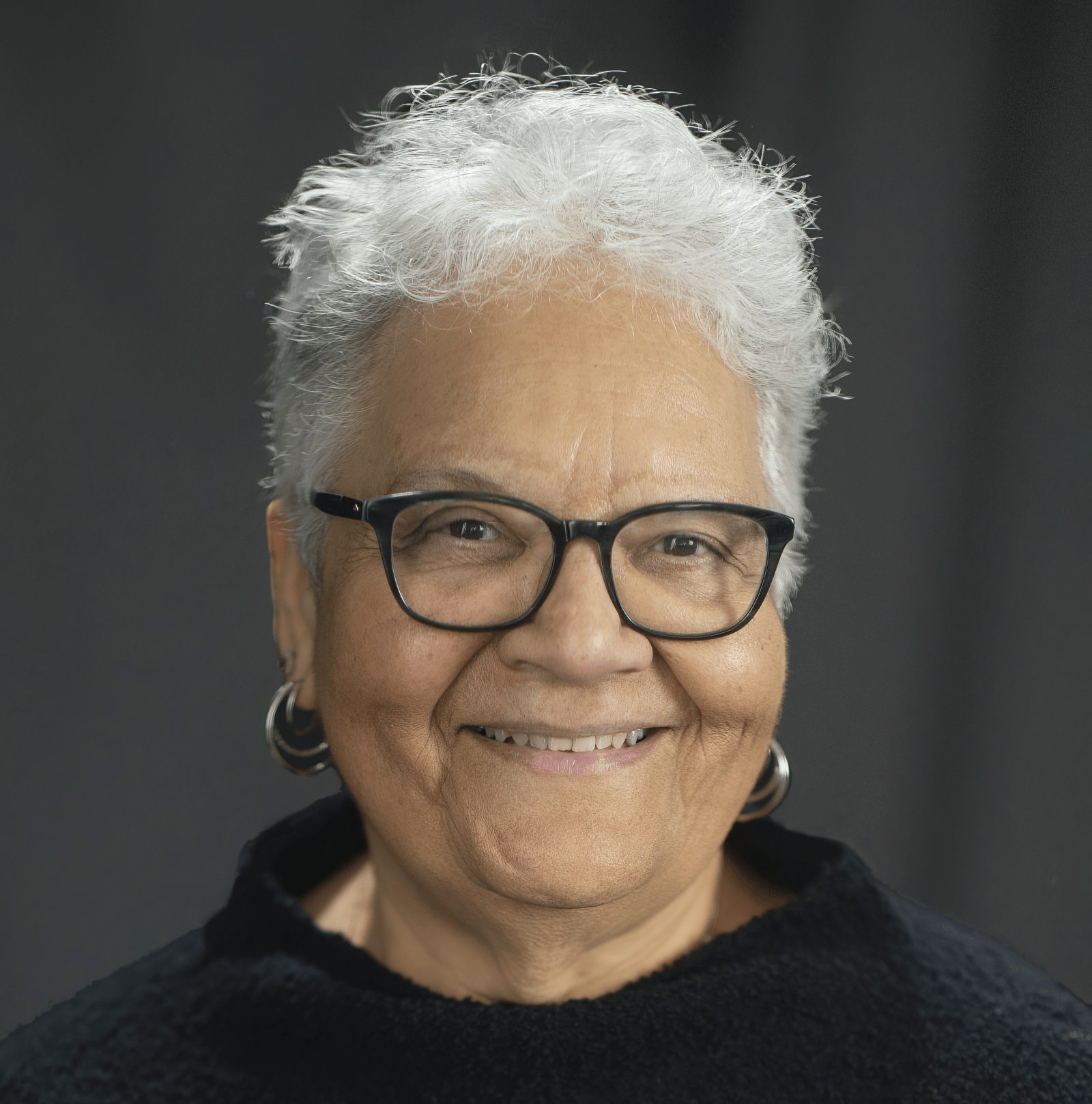Yvonne Chase (MSW ’73) probably won’t share this publicly, but she’s saved a lot of lives. The pioneer of social work and Howard alumna has now been voted in as the president-elect of the National Association of Social Workers (NASW), beginning July 1, 2023. She follows in the footsteps of another Howard alumna, Mildred “Mit” C. Joyner (MSW ’74), current president of NASW.
She’s well equipped for the task. Chase has more than 30 years of professional experience in child protection, juvenile justice, and mental health along with significant experience in the nonprofit sector. The associate professor at the University of Alaska-Anchorage also teaches at Walden University. From working directly with clients in foster care and adoption to global social work, she’s done it all and taught countless students and mentored professionals on how to help others.
“I think it would be hard to understand everything if I had never been out in the field myself,” says Chase, PhD, LCSW, ACSW, MSW.
It’s a journey the Michigan native began as a young college graduate who was simply looking for a job but found a calling.
“One of the things that [my first supervisor] stressed was the importance of paying attention to what each child needed,” Chase says.
That stuck with her. That – plus the resiliency of the children in her care.
“Friday seemed to be the time when there was always an emergency to find a home,” Chase says. “This little boy was coming out of a juvenile facility. I said, ‘Well, let’s pick up your things,’ and he picked up two bags and said, ‘Okay lady, let’s go.’ I’m trying to treat him like a nine-year-old; he's acting like a 20-year-old.”
Many say, ‘leave work at work and go home,’ but you worry about a child in protection.”
Today, Chase conducts adoption studies in her “spare time.” Her passion and expertise are greatly needed.
The U.S. Bureau of Labor Statistics (BLS) projects that social work will grow by 12% between 2020 and 2030, meaning an average of more than 78,000 job openings each year as workers retire or change careers. New practices are needed to fight issues such as burnout.
“I think that social work is probably needed now more than ever,” she says. “Technology has made a difference in how we conduct ourselves, but I think it’s had some drawbacks.”
Chase cites licensure across states as one issue of concern. With the increase in telehealth services, more social workers are licensed in one state but finding themselves having to end relationships with clients who move or travel to other states.
But above all else, Chase warns veterans and those newly entering the field to find ways to protect their peace.
“Many say, ‘leave work at work and go home,’ but you worry about a child in protection,” says Chase. “So I’d say to the person looking to enter the field to look at your strengths and then look at what is the area of social work that you think you would be best suited for.”
As for herself? She admits she’s still working on finding that work-life balance.
“My husband tells me I should stand in front of the mirror and learn how to say no,” Chase chuckles. “I don’t put email on my phone. I know that may sound a little old-fashioned, but I have five email addresses. Someone can wait an hour.”
Article ID: 996




